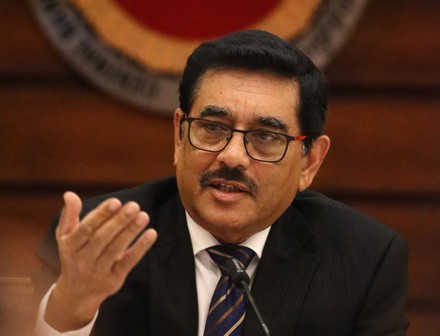
January 21, Colombo (LNW): In a significant development, the Sri Lankan government has announced that it will lift the ban on vehicle imports beginning next month, marking a shift towards revitalising the country’s economy.
The import restrictions, which included a ban on vehicles, were first introduced on March 1, 2020, as part of measures taken in response to the economic crisis that severely impacted the nation at the time.
However, with the country’s economic situation gradually improving, the government has decided to allow vehicle imports once again to help stimulate business activity and meet growing demand.
The move is expected to provide a boost to various sectors, including the automotive industry, whilst also aiding in the recovery of other related industries.
Despite the positive outlook, concerns remain regarding the potential strain on the country’s foreign exchange reserves, as vehicle imports are a significant expense.
Central Bank Governor Nandalal Weerasinghe highlighted the importance of managing the volume of imports effectively to avoid depleting financial reserves.
He pointed out that whilst vehicles are essential for daily life and business, it is vital to strike a balance between meeting this demand and preserving the country’s economic stability.
The Central Bank has estimated that Sri Lanka will spend approximately $1 billion on vehicle imports this year.
However, Dr. Weerasinghe reassured the public that this expenditure would not impede the growth of financial reserves, provided that the import process is carefully managed.
In line with this, the Ministry of Finance is set to determine the necessary tax policies and revenue strategies to ensure that the importation process remains financially sustainable.
One of the key concerns following the lifting of the import ban is the potential impact on the affordability of vehicles for the average consumer. Dr. Weerasinghe cautioned that a sudden influx of vehicles could lead to higher demand, resulting in price increases.
He stressed that a controlled and gradual approach would be essential to maintaining reasonable vehicle prices, ensuring that they remain accessible to the general public.
Whilst the decision to lift the ban on vehicle imports has been made, several key details, including the finalisation of related taxes and other regulatory measures, are still under review.
